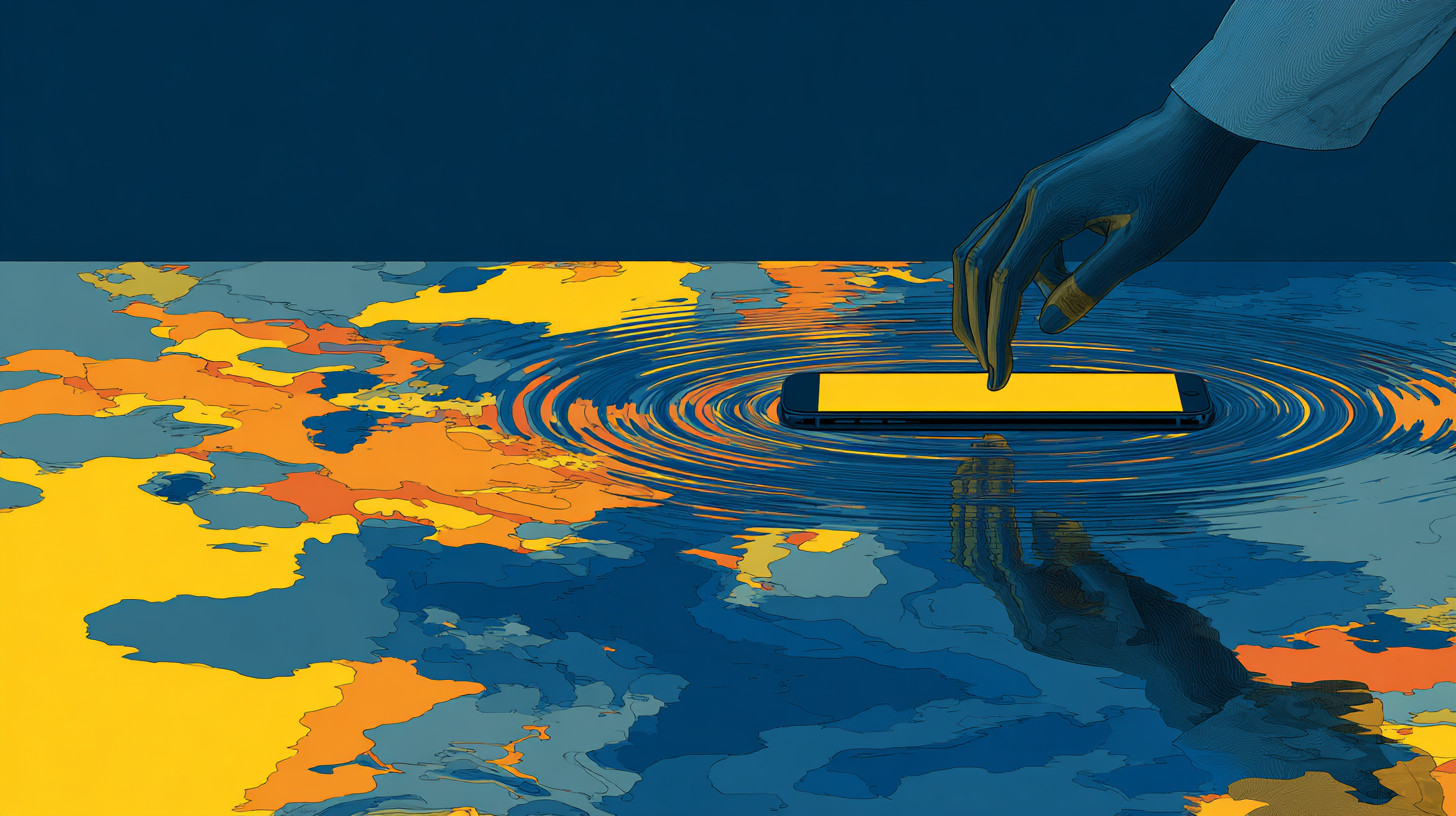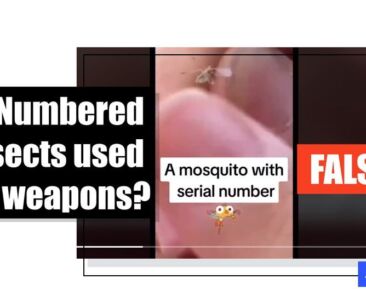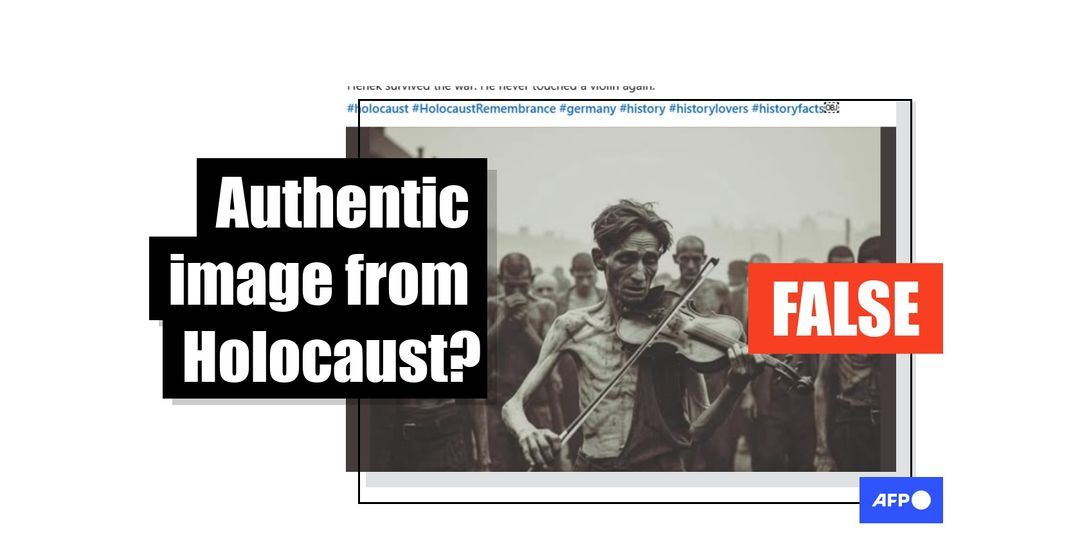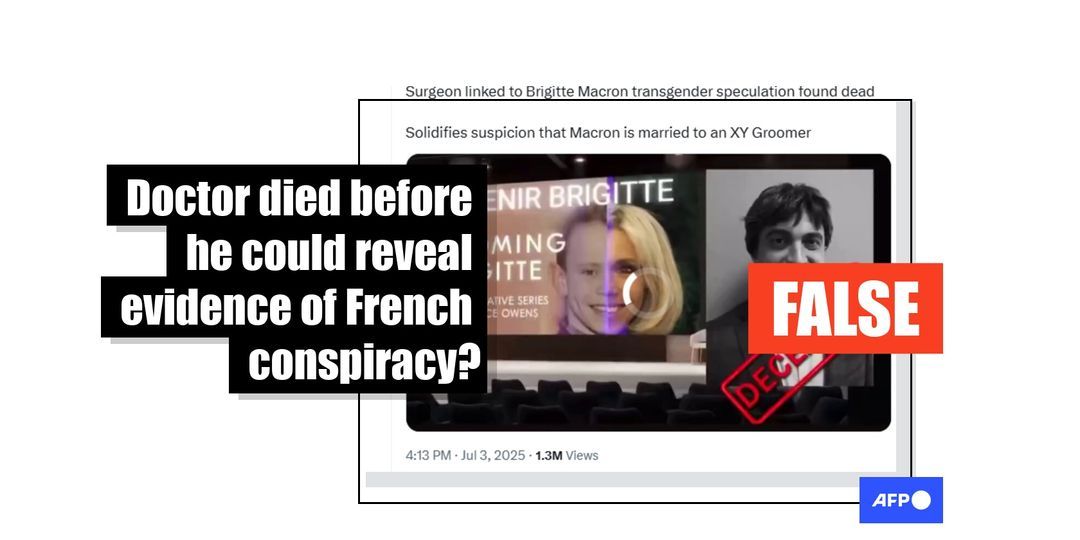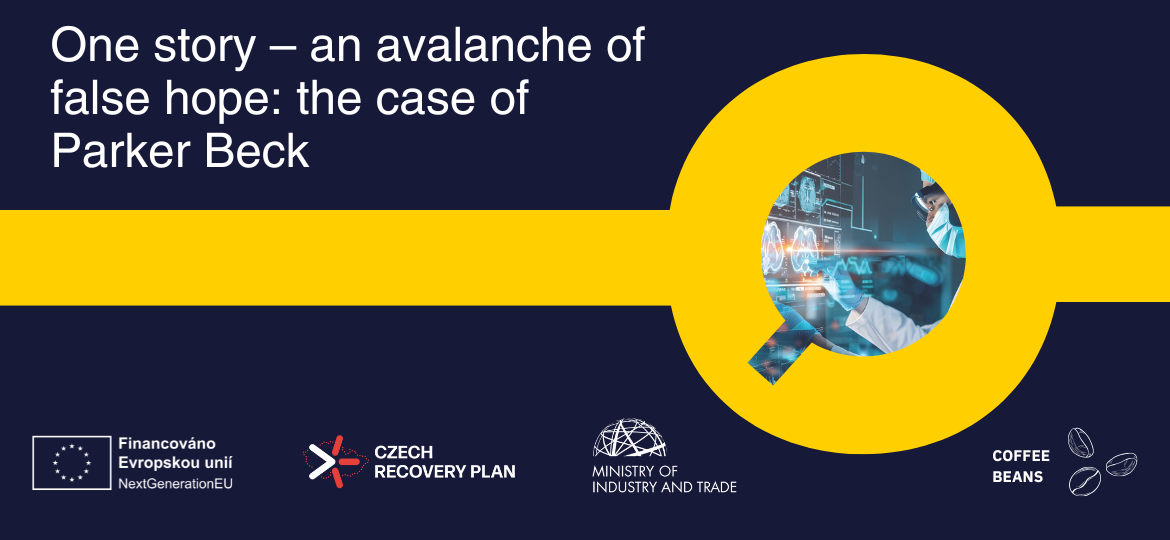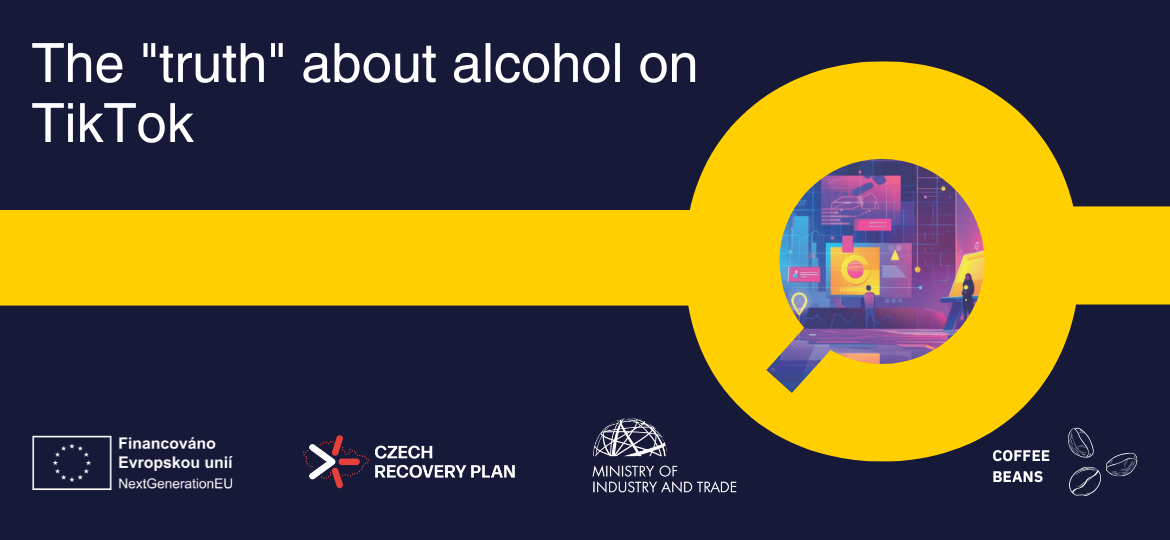About CEDMO
The Central European Digital Media Observatory (CEDMO), as an independent non-partisan multidisciplinary hub, aims to identify, research and prioritise the most critical sources and causes of information disorders in Central Europe (mainly the Czech Republic, Slovakia and Poland). This international consortium was created to propose a set of short and longer-term actions, as well as recommendations to help civil society, public institutions and the private sector respond to the declining trust in key institutions and help society to resist the effect of increasing exposure to mis- and disinformation.
By interacting and coordinating with European Digital Media Observatory (EDMO) and other regional EDMO hubs in EU, CEDMO will contribute to curbing threats posed by information disorders, including disenchantment with the democratic processes, and discord in civil society in Europe, and to building community and nation-wide resilience while protecting information ecosystems.
About CEDMO
The Central European Digital Media Observatory (CEDMO), as an independent non-partisan multidisciplinary hub, aims to identify, research and prioritise the most critical sources and causes of information disorders in Central Europe (mainly the Czech Republic, Slovakia and Poland). This international consortium was created to propose a set of short and longer-term actions, as well as recommendations to help civil society, public institutions and the private sector respond to the declining trust in key institutions and help society to resist the effect of increasing exposure to mis- and disinformation.
Our Partners
About CEDMO
The Central European Digital Media Observatory (CEDMO), as an independent non-partisan multidisciplinary hub, aims to identify, research and prioritise the most critical sources and causes of information disorders in Central Europe (mainly the Czech Republic, Slovakia and Poland). This international consortium was created to propose a set of short and longer-term actions, as well as recommendations to help civil society, public institutions and the private sector respond to the declining trust in key institutions and help society to resist the effect of increasing exposure to mis- and disinformation.
Our Partners
“Why would mosquitoes have serial numbers unless they’re used as a bio weapon. We are under full attack,” says a post shared to Gettr, a conservative social media platform, on September 22, 2023.
“OK, we need only one statistic to prove the Earth is not too hot for humans,” Moore says in an August 1, 2023 post on Twitter, which is being rebranded as “X.”
“BREAKING: 86% of children suffered an adverse reaction from the COVID vaccine, according to Pfizer clinical trials,” says a July 15, 2023 tweet from Leading Report, which AFP has previously fact-checked for spreading misinformation.
Na facebooku se šíří video, podle kterého lidem v zahraničí stačí k získání českého občanství pouze čestné prohlášení o tom, že v minulosti byli českými občany. Vláda si tak údajně chce „vyrobit“ pět až deset milionů voličů, kteří by ji pak prostřednictvím korespondenčního hlasování ze zahraničí podpořili. Ve skutečnosti však k získání občanství tímto způsobem nestačí jen čestné prohlášení. Žadatelé musí doložit i dokument prokazující ztrátu českého nebo československého občanství. Nárok na získání občanství prohlášením tak má jen malá skupina lidí s českým původem, typicky potomci emigrantů, kteří z Československa odešli po roce 1948.
“BREAKING: ANOTHER EXPLOSION AT AN OIL REFINERY IN IRAN,” says a June 13, 2025 post sharing the visual on X.
“Vance, you say you hope Biden recovers soon, yet you attack him with such cold, calculated words. It’s hard to believe someone like you is part of the US government,” Pope Leo XIV appears to say in the clip, which was shared in a May 23, 2025 post on Instagram.
“Why would mosquitoes have serial numbers unless they’re used as a bio weapon. We are under full attack,” says a post shared to Gettr, a conservative social media platform, on September 22, 2023.
“Buzz Aldrin admits Moon Landing was fake,” says the caption of a video posted on a Philippine-based Facebook page on March 16, 2023.
“OK, we need only one statistic to prove the Earth is not too hot for humans,” Moore says in an August 1, 2023 post on Twitter, which is being rebranded as “X.”
The Auschwitz-Birkenau museum in Poland recently sounded the alarm over a growing online trend of social media posts sharing AI-generated images of alleged Holocaust victims. In July 2025, pictures of a violinist playing in concentration camps spread across the internet, posted alongside a fabricated story. While musicians did play a part in life inside the Nazi-run camps, the image does not depict a real person, and visual inconsistencies point to the content likely being AI-generated.
A dramatic tale claiming a transgender surgery specialist connected to Brigitte Macron suspiciously died spread across social media following an online series from US conservative commentator Candace Owens which reignited conspiracy theories alleging the wife of the French president had formerly been a man. But the American podcaster’s claims are unfounded and precipitated a defamation lawsuit from the Macrons, while the reports of a doctor’s death are similarly fictitious; they rely on invention of a fabricated surgeon, manipulated media and the impersonation of journalists.
“I want to acknowledge the moment that’s been circulating online, and the disappointment it’s caused,” says the purported message. “What was supposed to be a night of music and joy turned into a deeply personal mistake playing out on a very public stage.”
“I guess Biden thinks that $44 billion buys him exclusive groping rights,” says one of several tweets that shared the image, referencing emergency assistance earmarked for Ukraine in a $1.7 trillion spending bill that the US Senate passed December 22.
Video game clip falsely shared as footage of Russian tanks struck by US-supplied missiles in Ukraine
“Ukraine is hunting Russian tanks with American FGM – 148 Javelin missiles. Have to see to believe it,” reads the caption of a video shared on Facebook here on October 27, 2022.
One Facebook post shared October 6, 2022 includes a series of images that show a journalist wearing a helmet and a bulletproof vest lying on the ground while speaking to a camera. In the background, a woman stands up and watches him.





